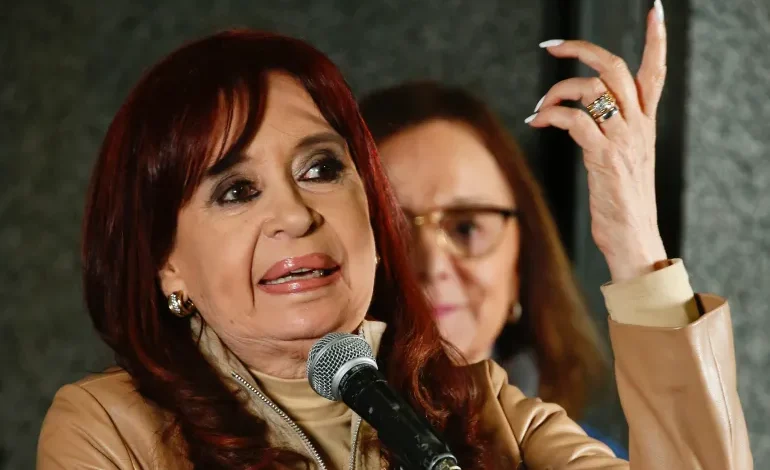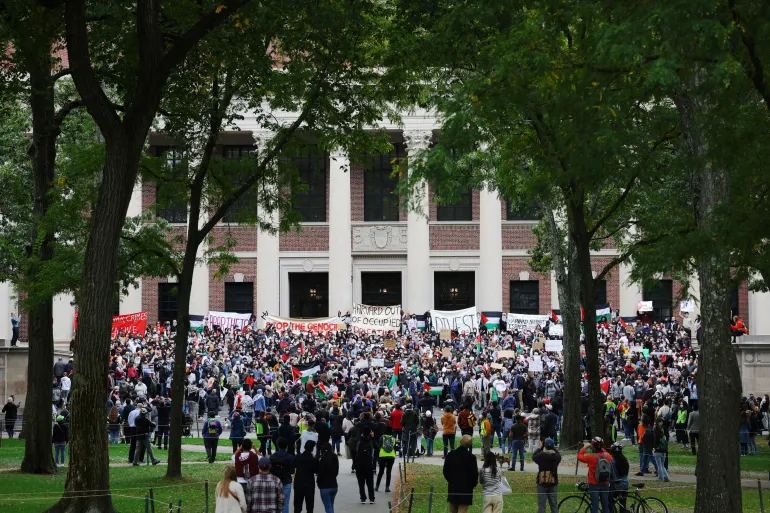Argentina’s Supreme Court Upholds Six-Year Sentence for Cristina Fernández de Kirchner

Argentina’s Supreme Court has upheld a six-year prison sentence for former President Cristina Fernández de Kirchner on corruption charges, permanently banning the 72-year-old from holding public office and making her eligible for arrest.
The Tuesday ruling triggered protests across Buenos Aires, where crowds of her supporters flooded the streets, denouncing the decision as politically motivated.
Fernández de Kirchner, a dominant figure in Argentine politics for over two decades, responded defiantly, accusing the court of bowing to elite interests.
“They’re three puppets answering to those ruling far above them,” she told supporters outside her party’s headquarters, in a veiled attack on President Javier Milei’s administration. “It’s the concentrated economic power of Argentina’s government.”
Milei, a libertarian who has long opposed Fernández de Kirchner’s populist policies, celebrated the ruling with a brief post on X: “Justice. End.”
The former president was first convicted in 2022 for steering public works contracts to a close associate during her and her late husband Néstor Kirchner’s presidencies. Though she immediately appealed the verdict, the Supreme Court found no grounds to overturn it.
“The sentences handed down by the previous courts were based on the abundance of evidence produced,” the judges stated, according to AFP. The resolution declared that the conviction served to uphold Argentina’s democratic and republican institutions.
The decision all but ends Fernández de Kirchner’s political career, just days after she announced her candidacy for Buenos Aires’ legislative elections in September.
She has five days to surrender to authorities. Her lawyer has requested she be allowed to serve her sentence under house arrest, citing her age.
Supporters have vowed to keep her movement alive. Daniel Dragoni, a Buenos Aires city councillor, told AFP, “I’m destroyed by this ruling, but we will return, as always.”
However, political analysts suggest the backlash may be fleeting. “She is not the Cristina of 2019,” said historian Sergio Berensztein, referring to her diminishing influence in a rapidly shifting political landscape.
Fernández de Kirchner served as president from 2007 to 2015, following her husband’s term. Her time in office was marked by generous social spending and fierce clashes with Argentina’s business sector and media, policies that helped her build a loyal base — but also contributed to long-term economic instability.









The latest news in your social feeds
Subscribe to our social media platforms to stay tuned